 INSTITUTE FOR NATURAL RESOURCES
INSTITUTE FOR NATURAL RESOURCESYou are here
Rivers, Streams, and Lakes
- Intro
- Planning Resources
- Research Projects
- Articles & Stories
- Maps & Tools
- Reports & Publications
- Data
- Photos & Videos
- More
Oregon's Top Natural Resource Plans
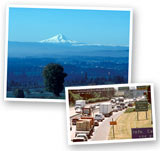
The 10-Year Plan for Oregon created by Governor Kitzhaber in August 2011, identifies Healthy Environment as one of the six high-level outcome areas. The outcome area's focus is to manage Oregon’s air, water, land and wildlife resources to support a healthy environment that sustains Oregon communities, Oregon’s economy and the places Oregonians treasure.
The Healthy Environment Policy Vision states:
Oregon’s farms, forests, rangelands, waters and other natural resources provide the basic building blocks that support Oregon’s communities and economy. Oregon is known as a national leader in protecting its environment and for fostering a special relationship between its people and its places –natural resources also are key to Oregon’s economy. Agriculture, forestry and wood products are Oregon’s leading industries after high-tech manufacturing. Managing Oregon’s natural resources in a way that recognizes their critical role in providing jobs and supporting rural communities, while protecting the clean water and air Oregonians treasure, is fundamental to Oregon’s future.
The vision highlights 10 state-adopted natural resource plans that were or are being developed through extensive public processes and stakeholder input and have been adopted by various governing boards and commissions. These include (by date):
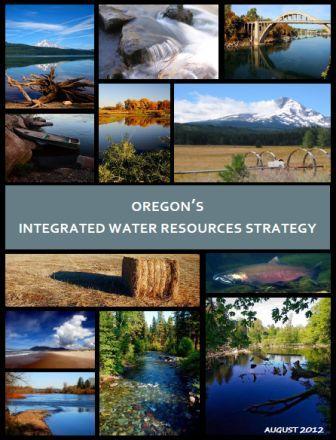 |
Oregon's Integrated Water Resources Strategy. Oregon Water Resources Dept. In 2018, Oregon initiated a collaboration to steward the state's water resources under a changing climate and shifting demographics. Working towards a long-term, 100-year vision the initiative engaged Oregonians to help frame the vision and identify key information gaps and ways to address them. This Oregon Water Vision builds on the IWRS. |
 |
Ten Year Energy Action Plan for Oregon. Ten Year Energy Action Plan Task Force. Governor's Draft, June 5, 2012. |
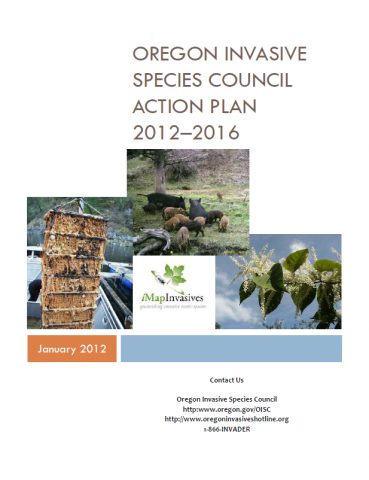 |
Oregon Statewide Strategic Plan for Invasive Species 2017-2027. Oregon Invasive Species Council 2017. |
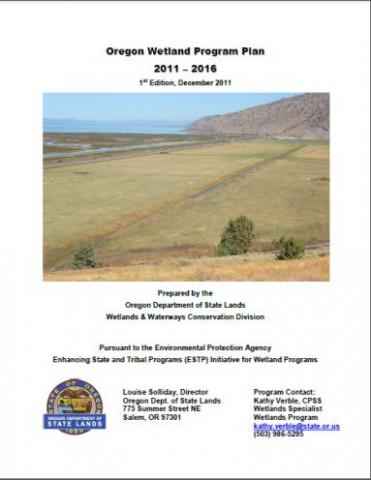 |
Oregon Wetland Program Plan. Oregon Department of State Lands. Wetlands & Waterways Conservation Division. 2017. |
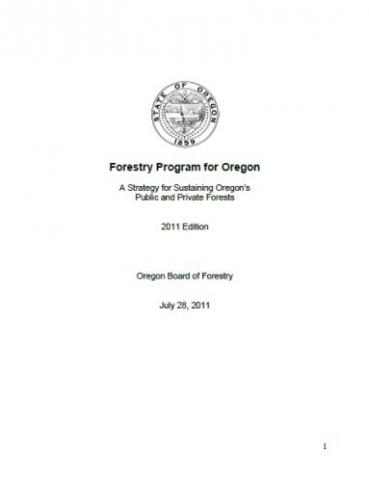 |
Forestry Program for Oregon: A Strategy for Sustaining Oregon's Public and Private Forests. Oregon Board of Forestry. The Forestry Program for Oregon (FOFO) was last revised in 2011. A revision and update process began in 2019 to coincide with Oregon's Forest Action Plan revision, which was completed in 2021. For several reasons including legislative delays in confirmation of appointees to the Board of Forestry, impacts of COVID-19, wildfire cost recovery efforts and the historic 2020 wildfire season, the FOFO revision process is still pending. The BOF intends to carry forward the process of developing the FOFO and Shared Stewardship model for integration into the 2021 Forest Action Plan.
|
 |
Oregon Environmental Literacy Plan: Toward a Sustainable Future. Oregon Environmental Literacy Task Force. October 1, 2010. The Oregon Environmental Literacy Plan is part of the Oregon Environmental Literacy Program which is run through OSU Extension. The goal of the program is to support teachers in collaboration with non-formal educators to foster environmental iiteracy of kindergarten through 12th grade students by engaging them in activities and experiences that:
|
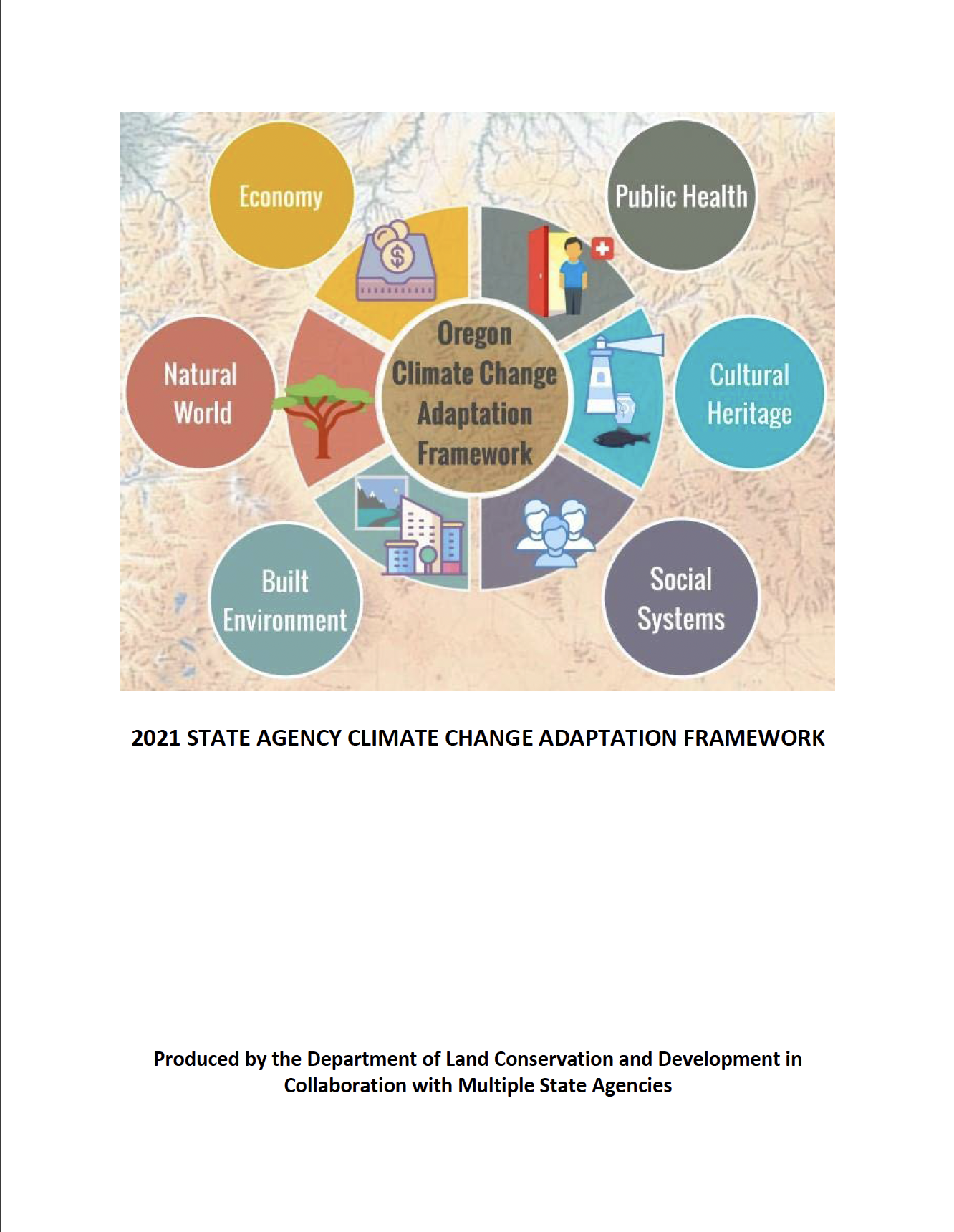 |
Oregon Climate Change Adaptation Framework. State of Oregon 2010, revised 2021. The State Agency Climate Adaptation Framework is intended to guide state leadership and staff on investment decisions as they respond to climate change. In updating the 2010 Framework, the Oregon Department of Land Conservation and Development (DLCD) coordinated staff from 24 state agencies to strengthen interagency coordination as the state plans for and responds to climate impacts. The team found that Oregon is experiencing the effects of climate change - rising temperatures, changing ocean chemistry, reduced snowpacks, larger, more severe wildfires - faster than expected and that underserved populations, rural communities and fragile ecosystems are disproportionately affected. The Framework was informed by the Fifth Oregon Climate Assessment prepared by the Oregon Climate Change Research Institute (OCCRI) where readers can learn more about projected geophysical, social and economic consequences of climate and ocean change in the state. |
 |
Statewide Comprehensive Outdoor Recreation Plan: Ensuring Oregon's Outdoor Legacy, 2019-2023. Oregon Parks and Recreation Department. |
|
Oregon Conservation Strategy. Oregon Department of Fish and Wildlife. Originally published in 2006, the Oregon Conservation Strategy was updated in 2016. A blueprint for conservation of the state’s native fish and wildlife and their habitats, the Strategy provides information on at-risk species and habitats, identifies key issues affecting them and recommends actions. |
|
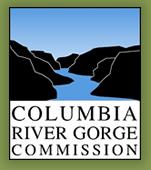 |
Columbia River Gorge Management Plan. Columbia River Gorge Commission. 2004. |
 |
Oregon Strategy for Greenhouse Gas Reductions. Governor’s Advisory Group On Global Warming. December 2004. |
 |
In 1997, the Oregon Legislature and then Governor John Kitzhaber established the monumental Oregon Plan for Salmon and Watersheds (Oregon Plan). The Plan was an unprecedented effort spurring state and federal agencies, Native Tribes and private partners to work together to protect salmonids and the watersheds they depend on in Oregon. Today, the Oregon Plan framework remains in place, guiding collaborative, coordinated public and private partnerships to restore watersheds statewide. The 2019-2021 Oregon Plan Biennial Report details recent and ongoing inter-agency and within agency restoration and monitoring actions and achievements under the plan.
|
 |
Wildlife Management Plans. Oregon Department of Fish and Wildlife. Wildlife Division. |
|
Conservation and Recovery Plans. Oregon Department of Fish and Wildlife. Fish Division. |
|
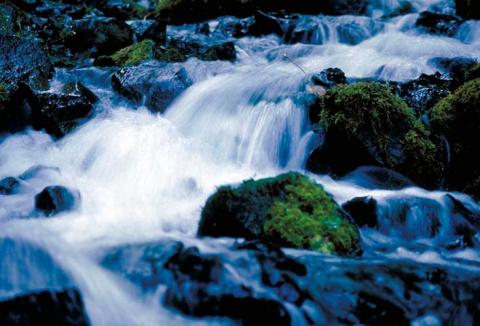 |
Water Quality Management Plans. |










